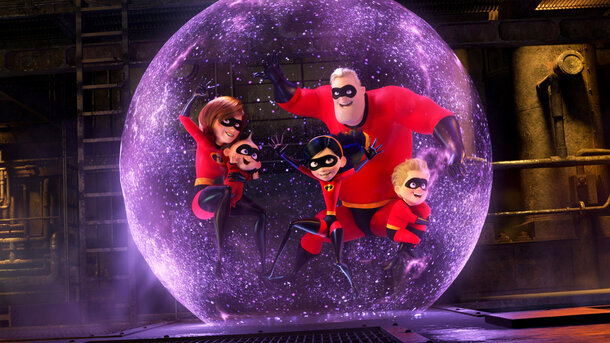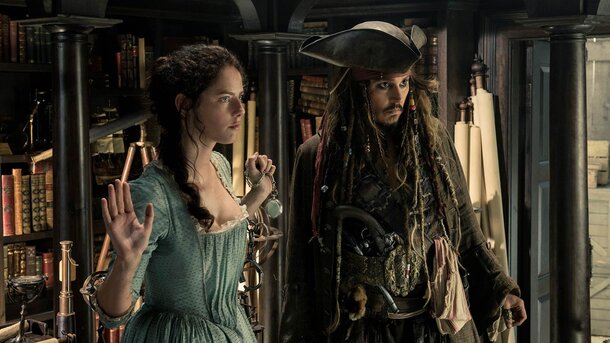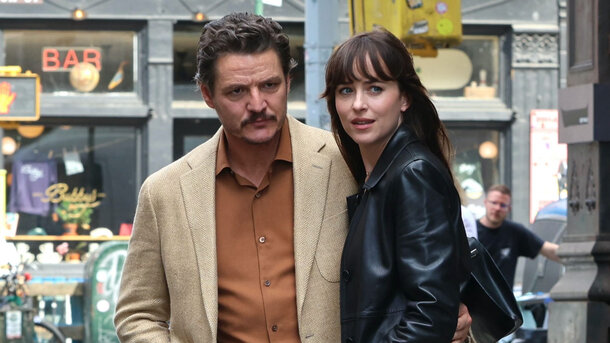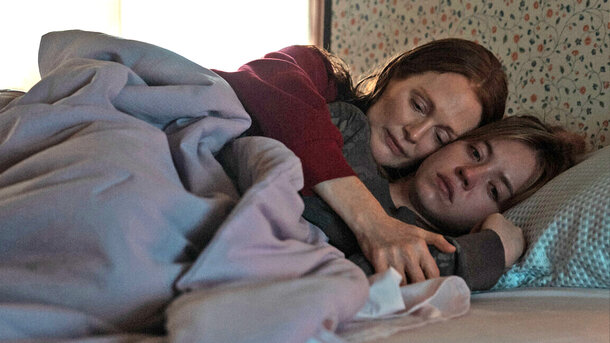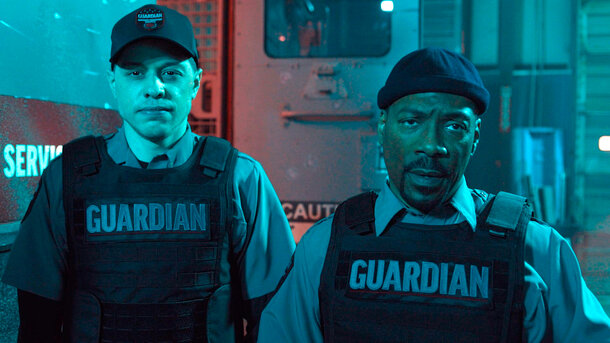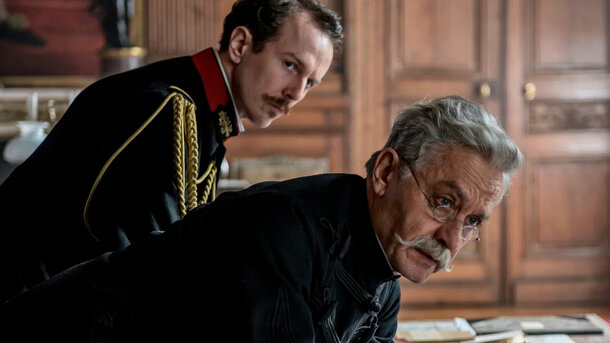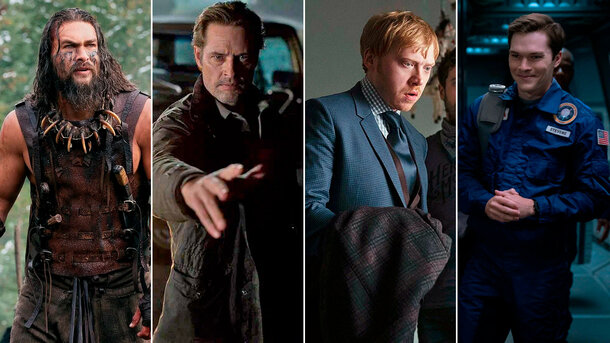The Big Lebowski has long become a cult classic — with its own religion (Dudeism), an annual festival, memes, and quotes recognized even by those who haven’t seen the film. It’s hailed as a brilliant comedy, the ultimate "chill-out film," and perhaps even the pinnacle of the Coen brothers’ career.
But let’s be honest. Watching The Big Lebowski again after years, it becomes clear that the film isn’t as great as its reputation suggests. It’s neither "deep" nor "intelligent," and some of its elements are outright irritating.
Plot: Ambition vs. Reality
The Big Lebowski is marketed as a witty crime caper in the vein of Raymond Chandler, but in reality, it feels more like a collection of random scenes held together by lazy storytelling. The story of the Dude (Jeff Bridges) getting entangled in the search for a millionaire’s kidnapped wife could have been gripping, but instead, it turns into a series of absurd situations that never quite form a coherent narrative.

The film tries to be everything at once — a noir parody, a western, a comedy, and even a philosophical fable. But instead of depth, the audience gets a chaotic mix that leaves a sense of incompleteness.
Characters: Who’s Actually Funny?
The Dude is undeniably charismatic. His laid-back attitude and philosophical outlook make him endearing. But what about the rest? Walter Sobchak (John Goodman) is not just the "loud friend of the main character" — he’s a complete disaster. His aggression, paranoia, and constant shouting about Vietnam are more irritating than amusing. Walter doesn’t just ruin the Dude’s plans — he drags down the entire film.
Donny (Steve Buscemi) is an even bigger mystery. His character is so insignificant that his death in the finale doesn’t evoke sadness, but confusion: "Why was he even there?"
Humour: Where’s the Laughs?
Yes, the film has a few genuinely funny moments. Philip Seymour Hoffman as Brandt or the introduction of Jesus Quintana (John Turturro) are highlights, despite their limited screen time.
But much of the humour consists of repeated jokes (how many times can Walter say, "This isn’t Vietnam, this is bowling!"?) or absurd scenarios that create more bewilderment than laughter. The German nihilists, avant-garde performances, and Busby Berkeley-style dream sequences all feel like attempts at weirdness for the sake of being weird.

Philosophy: Depth or an Illusion?
Fans often claim The Big Lebowski is more than just a comedy — it’s a profound film about life, war, and human nature. But let’s be honest: most of this "depth" is the result of viewers overanalysing a film that doesn’t actually have much to say.
Yes, it references the Gulf War and the decline of counterculture, but it does so in such a superficial way that these themes feel more like distractions than meaningful additions.
The Big Lebowski is a perfect example of a film becoming a cult classic not because of its actual merits, but because of its vibe. It’s a movie for those who want to relax, enjoy a drink, and laugh at absurdity. It doesn’t demand deep analysis or a serious approach — and that’s its strength.

But if you strip away nostalgia and fan devotion, it becomes clear: The Big Lebowski isn’t a masterpiece, just a fortunate experiment that happened to land at the right place and time.
And yes, Walter Sobchak is still annoying.

